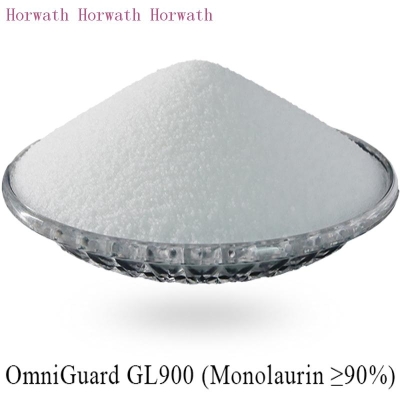80% of Shanghai citizens refuse to drink cloned milk, which will go on sale next year
-
Last Update: 2002-11-22
-
Source: Internet
-
Author: User
Search more information of high quality chemicals, good prices and reliable suppliers, visit
www.echemi.com
Introduction: in June next year, the first batch of the largest number of cloned cows will be born in Xinjiang, which means that "new varieties" will be added to the milk market Lu Zili, President of the company's Academy of Sciences, told reporters that at least 50 high-yield cows will be born in June next year Cloned food: 80% of the citizens don't accept that there will be cloned food in the Chinese market next year - cloned milk, which means nothing to Chinese residents Reporters interviewed 20 Shanghai citizens randomly 80% of them immediately said they would never buy cloned milk when they heard about it The remaining 20% said they would consider buying cloned food if they confirmed it was safe after consultation, and the price was also an important factor In the conversation with them, the reporter found that the reason why so many people reject cloned food is that in most people's concepts, cloned food and genetically modified food are one concept Since they are controversial things, people think it is safer to stay away from them One citizen's answer even made the reporter laugh and cry He said, "if you eat cloned food, what if you are also cloned?"? "Scientists guarantee that: the absolute safety of cloned food Guo Lihe, director of the Institute of cell, Chinese Academy of Sciences, told reporters that the milk of cloned cow is exactly the same in nutrition and quality as its mother Because cloning is a way of asexual reproduction, which can pass down the characters of excellent cow breeds Even in the process of cloning, there will be mutation to produce monsters These monsters will die and be aborted in the mid-term, and the last to survive are excellent varieties If sexual reproduction is adopted, the possible good genes will be absorbed in the process of reproduction, so that the next generation will not have high-yield good genes Guo Li and the director also told reporters that at present, the world has not heard the controversy of cloned food, which is different from the controversial concept of genetically modified food By cloning high-yield cows, not only the milk yield can be increased, but also the quality of animal breeds in China can be improved News background: a large number of cloned cows will be born next year At present, Xinjiang Jinniu biology Co., Ltd has successfully transplanted 479 cow embryos from two Canadian Holstein cows with an annual output of 20 tons It is understood that the experiment, which began in July this year, was conducted under the guidance of Dr and Mrs Shang Hongwu, experts of Australian International cloning company with Dolly sheep cloning technology Although 479 cows have been transplanted with high-yield cow embryos, this does not mean that 479 high-yield cows will be born successfully next year Lu told reporters that the pregnancy rate of cloned cows is quite high, which has reached 50% However, due to the high abortion rate in the middle term, the final survival rate is estimated to only reach 10% So conservatively, at least 50 high-yield cows will be born in June next year.
This article is an English version of an article which is originally in the Chinese language on echemi.com and is provided for information purposes only.
This website makes no representation or warranty of any kind, either expressed or implied, as to the accuracy, completeness ownership or reliability of
the article or any translations thereof. If you have any concerns or complaints relating to the article, please send an email, providing a detailed
description of the concern or complaint, to
service@echemi.com. A staff member will contact you within 5 working days. Once verified, infringing content
will be removed immediately.







